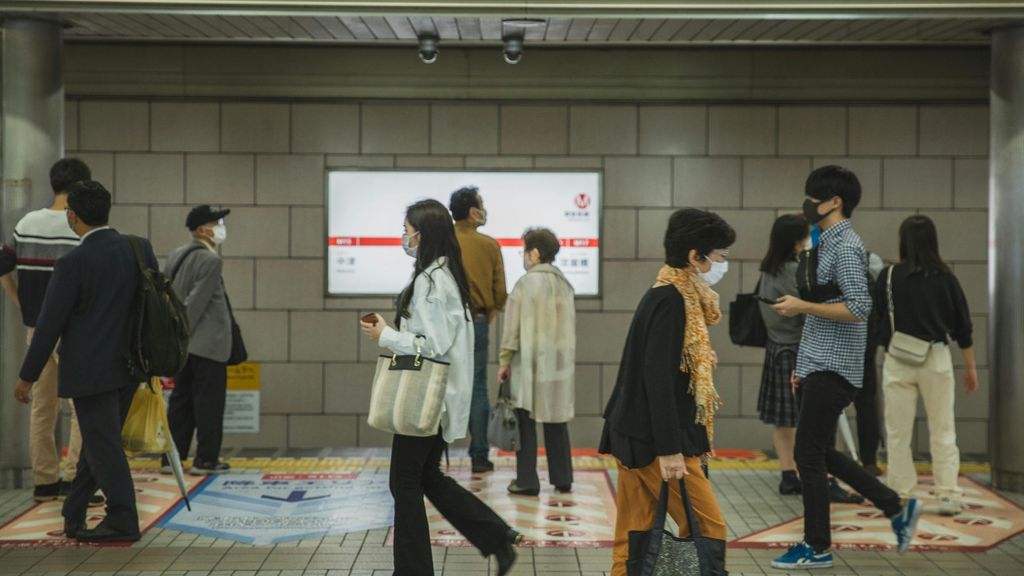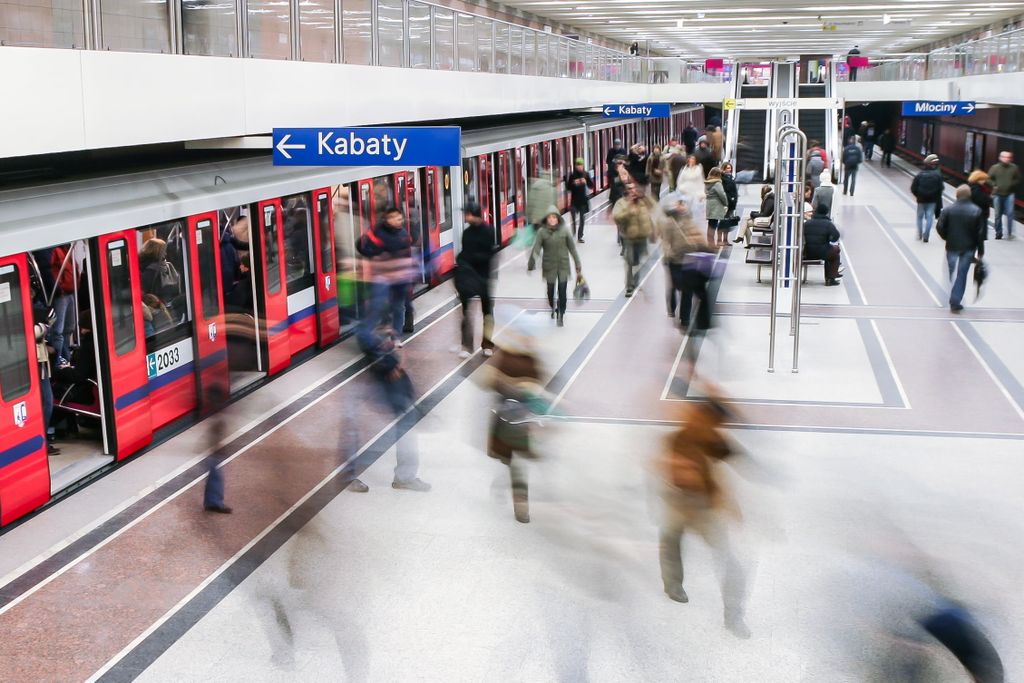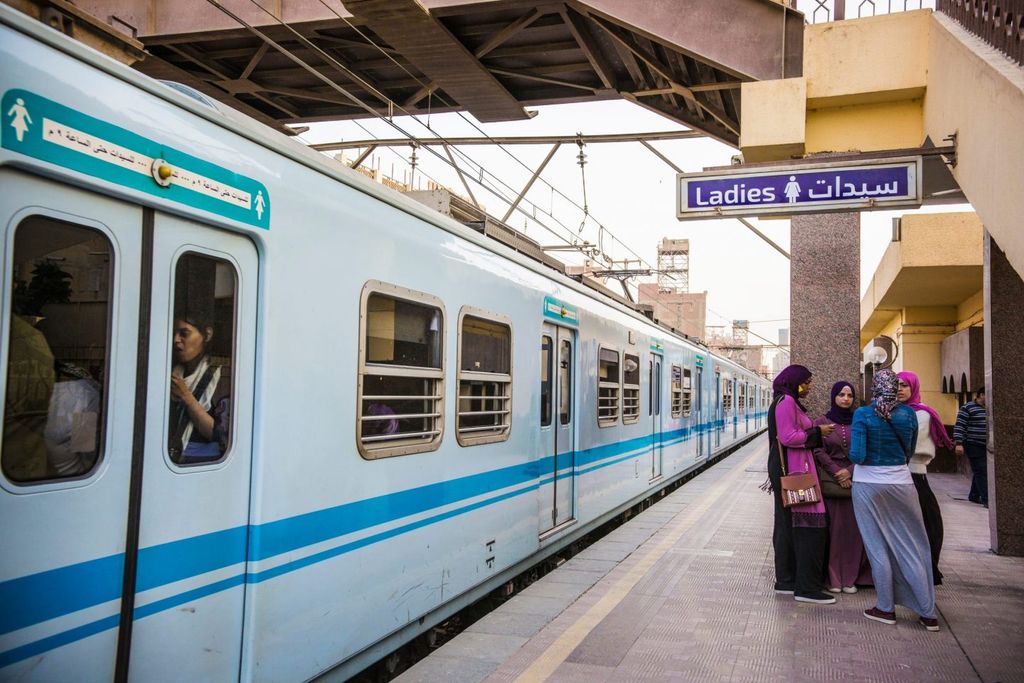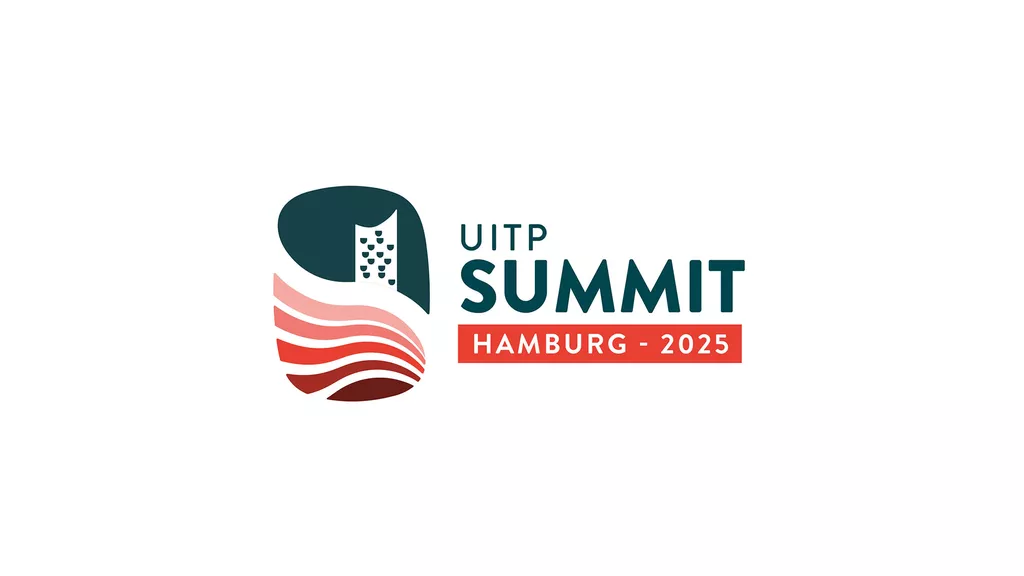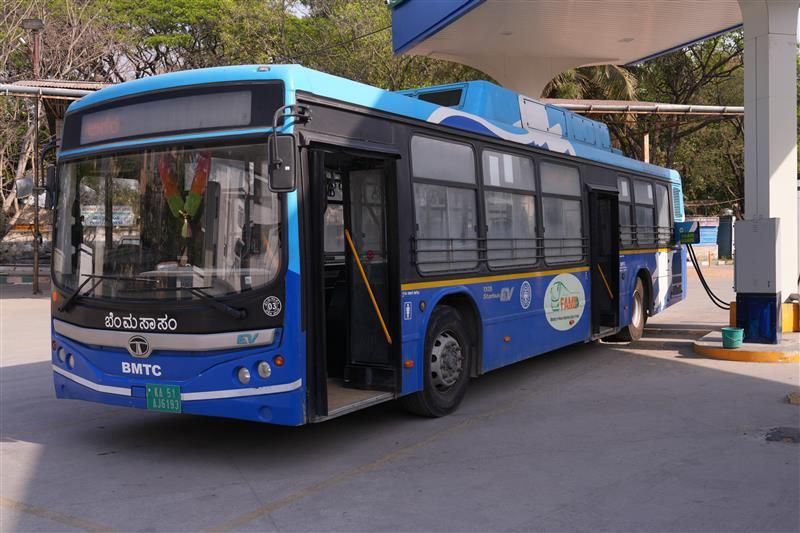
Payment Security Mechanism (PSM) ushering a new era of Electric Bus deployment in India
India’s commitment towards sustainable green mobility
In 2015, India made a landmark geopolitical decision by signing the Paris Agreement. With sheer commitment to attain a sustainable future and a target of achieving Net Zero Emissions by 2070, India has made significant strides in transitioning to clean energy vehicles, particularly through the promotion of electric buses. However, despite the potential of e-buses, the market remains in its early stages and faces heavy capital expenditure challenges. To address this, the Government of India introduced the Payment Security Mechanism (PSM) to ensure timely payments to operators and Original Equipment Manufacturers (OEMs) in case of default in payment by the transport agencies in the country.
What is PSM and why is it needed?
PSM is a fund created by the Government of India, to reduce payment risks for e-bus operators/OEMs and improve their financial viability. The PM e-Bus Sewa-Payment Security Mechanism Scheme was launched on 28 October 2024 by the Ministry of Heavy Industries, Government of India with the aim to avoid payment risk and improve bankability for the OEMs/operators.
With most of the transport agencies in the country being financially strained due to rising costs of service delivery, and slow growth in revenues which is hindered by fare affordability concerns; the financial imbalance leads to delays in payments to e-bus operators, deterring further investment in e-bus services. The introduction of PSM is aimed at addressing these issues by ensuring timely payments, fostering market confidence, and encouraging wider participation from operators and OEMs. Thus, it is highly probable that PSM would be able to attract investments in the e-bus market. The PM e-Bus Sewa-Payment Security Mechanism Scheme through integration of PSM has also created a potential opportunity for international OEMs to explore the Indian market as a manufacturing hub.
Read about UITP India’s National Workshop for International Electric Bus OEMs
Government of India’s responsive approach to improve market conditions to advance electric buses
With huge demand for e-buses in the recent years and delay in payment from many transport agencies to the operator/OEM, there has been a growing concern in the e-bus market. The Government of India was prompt in judiciously acting upon this concern to improve the e-bus market conditions through the introduction of PSM that would serve as a temporary cushion and would give assurance to the lender. The paper highlights the key implications of the PM-eBus Sewa-Payment Security Mechanism Scheme through its promising outcomes, challenges and aspects to ponder upon.
India’s commitment to promote sustainable green mobility is evident in its efforts to promote electric vehicles, especially e-buses. The PM-eBus Sewa-Payment Security Mechanism Scheme is a critical step in addressing the financial and operational challenges of the e-bus sector. By ensuring timely payments, improving creditworthiness, and fostering private sector participation, PSM is expected to accelerate the deployment of e-buses, ultimately contributing to India’s decarbonisation goals. The scheme provides a strong foundation for scaling up e-bus operations and attracting investments, positioning India as a leader in sustainable public transport solutions.


